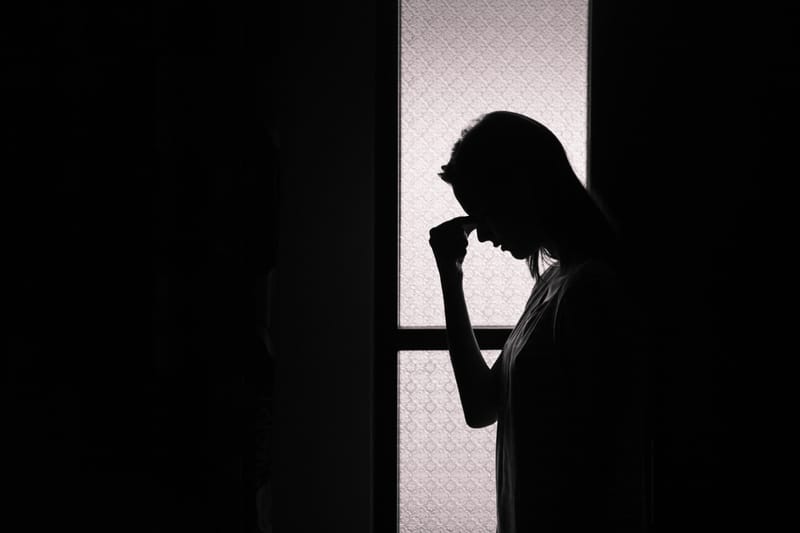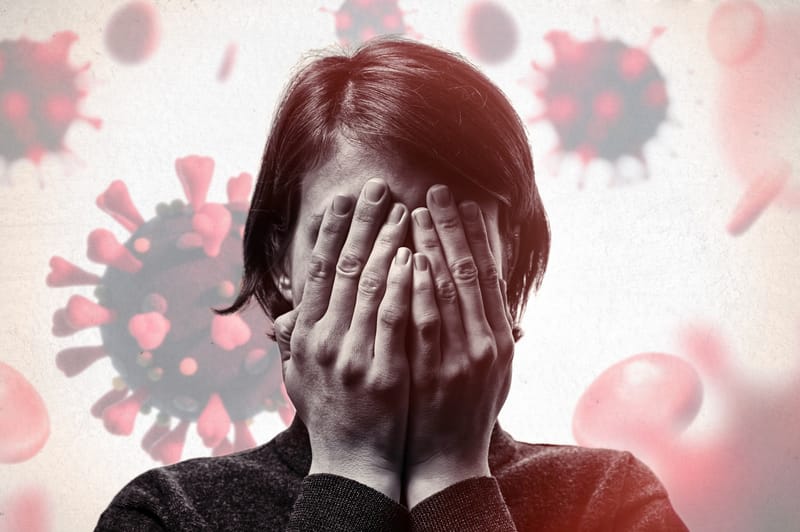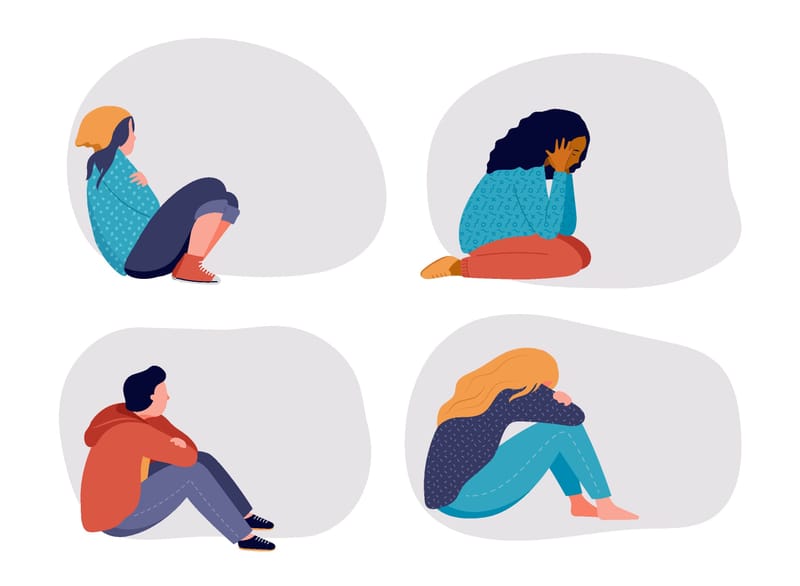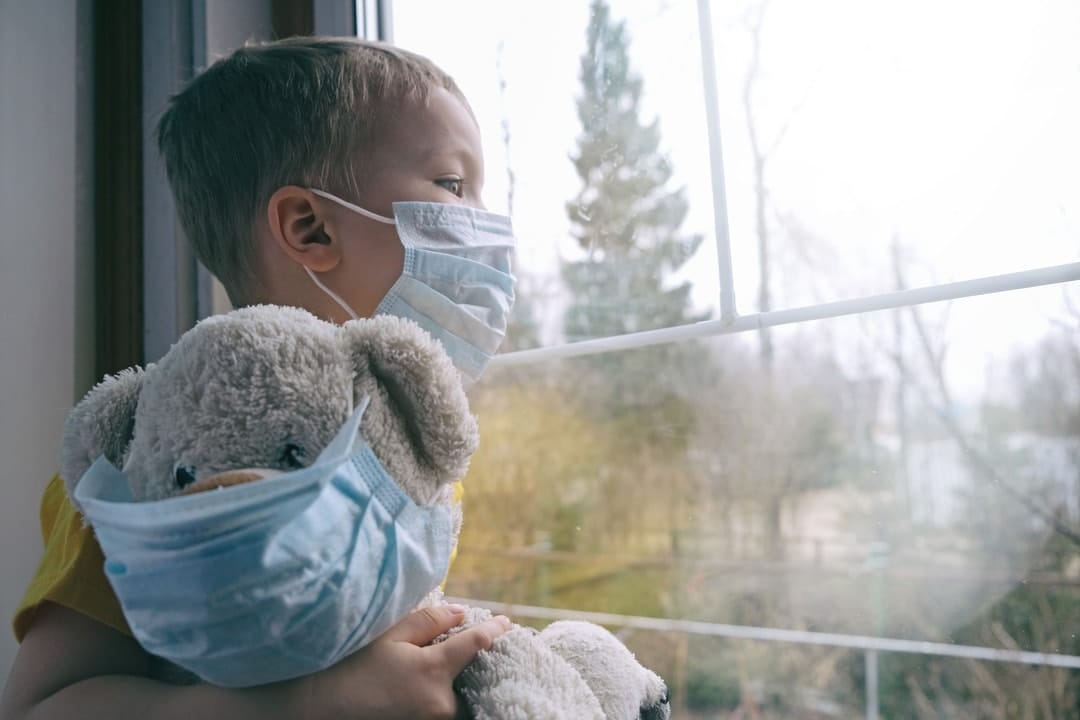
In light of the public health threat posed by COVID-19, which disproportionately affects older people, the plight of children risks being overlooked, warns the UN Committee on the Rights of the Child.
The committee is particularly concerned about the physical, emotional and psychological effects of the pandemic on children in countries that have declared states of emergencies and mandatory lockdowns. These concerns are accompanied by 11 recommendations, released on 8 April, to help protect children, including the urgent release of those in detention.
While children are broadly considered a "non-vulnerable" social group in relation to COVID-19 compared with older people, emerging reports suggest otherwise.
A report by the European Centre for Disease Prevention and Control outlines that children comprised 50,068 of COVID-19 cases up to 24 March.
Also, the paper Epidemiology of COVID-19 among children in China, recently published in the journal Pediatrics, has explored cases involving more than 2000 children across China, where the virus originated. It provides the first insight into how young patients have been affected by the virus.
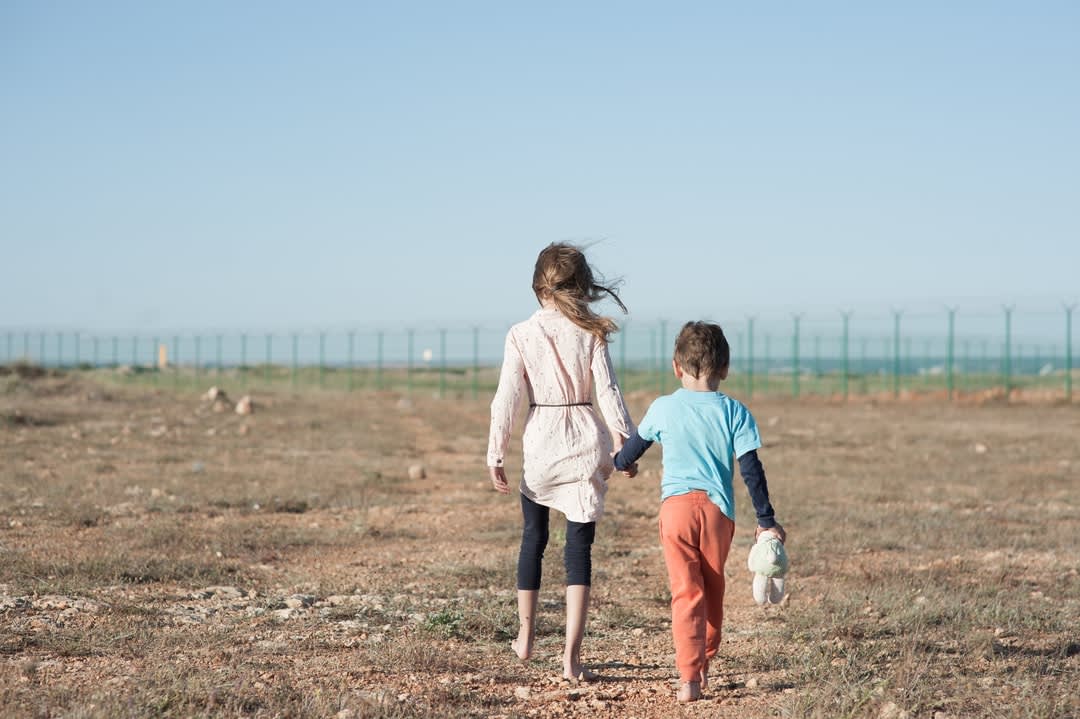
Significantly, key messages from the World Health Organisation (WHO) also highlight that young people, including children, have died.
Furthermore, the deaths of children, including a six-week-old baby in the US, and a five-year-old child in the UK, have featured in international media reports, as have concerns from human rights organisations globally in relation to the health and wellbeing of children deprived of their liberty, who have very specific needs.
Evidence-based research demonstrates that children detained in the criminal justice system are more likely to experience underlying health issues. Yet, Australia is lagging behind in rethinking detention and releasing children at this time.
UN identifies areas for improved measures
The 11 recommendations released by the UN Committee on the Rights of the Child urges all nations to respect children’s rights and to protect and empower all children during these unprecedented times.
The 11 areas nations need to actively improve measures includes:
- child protection
- education and online learning
- access to child-friendly information
- ensuring children’s participation in decision-making processes on the pandemic.
Notably, leaders in countries such as Norway and New Zealand have held press conferences specifically for children in order to disseminate to them information about COVID-19. Australian Prime Minister Scott Morrison has not taken a similar approach.
Calls to urgently release children deprived of their liberty
Children in specific vulnerable situations, such as those in detention, require special measures, according to the UN committee, which asserts that: “States should respect the right of every child to non-discrimination in its measures to address the COVID-19 pandemic, as well as take targeted measures to protect children in vulnerable situations.”
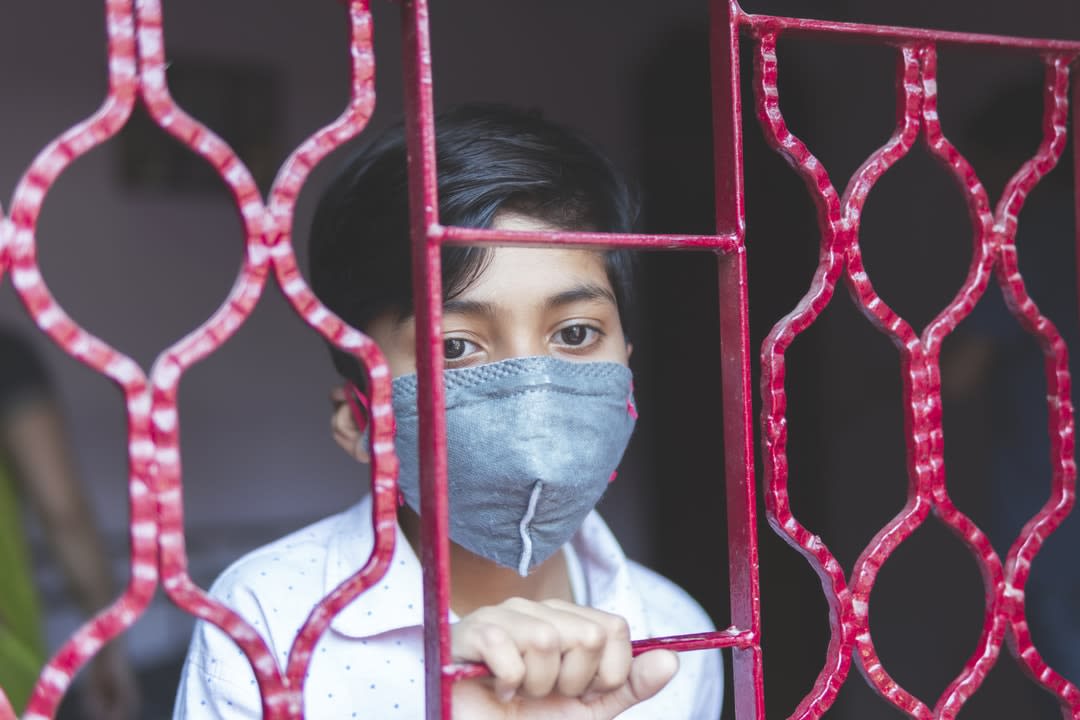
Every year, millions of children detained and deprived of their liberty around the world often represent a forgotten group.
The latest global UN study, published in 2019, estimates that each year, between 1.5 and eight million children are either in detention facilities, immigration detention, orphanages, institutions, or in other ways experience deprivation of their liberty.
Significantly, the direct call by the UN committee for the release of children from all forms of detention has also been at the forefront of advocacy efforts by several NGOs.
Before the COVID-19 pandemic, Human Rights Watch documented the severity and damaging impact of these substandard conditions experienced by children who are deprived of their liberty.
In detention centres, we know that children are typically held in close proximity to others, and as has been reported, these conditions can easily facilitate the spread of infectious diseases such as COVID-19. The lack of access to basic medical support and care also places children at serious risk.
In US Immigration and Customs Enforcement detention centres, the lack of appropriate sanitation and products have been a major factor in the deaths of children and the spread of illness.
This was highlighted in July 2019, with the alarming video footage of Sarah Fabian, a Department of Justice lawyer in the US, arguing in the federal court that the federal government was not legally required to provide detained migrant children with soap, toothbrushes or adequate sleep. The court did not agree with her argument.
Human Rights Watch has reported that, as of 26 March, 2020, three unaccompanied children in US government custody tested positive for COVID-19. In Australia, the former national children’s commissioner, Megan Mitchell, asserted that:
“Detention and prevention of liberty not only aggravates existing health conditions in children, but can also cause new ones to emerge, including anxiety, depression, suicidal thoughts, and post-traumatic stress.”
Serious concerns have been raised in Australia by academics, advocates, lawyers, and others, calling for the introduction of emergency measures in the criminal justice system; measures that are specific to children.
These proposed emergency measures include:
- the granting of temporary leave to young people who have suitable accommodation
- prioritising bail for children and young people who are on remand
- making specific provisions to move Aboriginal and Torres Strait Islander children out of detention
- enacting legislative changes in order to release sentenced children and young people early
- reducing the number of children on remand due to breaches that don't constitute new offending.
Government choices now are crucial
According to leading children’s rights advocates, the COVID-19 pandemic is shining a light on the serious weaknesses in many countries’ existing arrangements, protections and provisions for children in the areas of healthcare, protection, education, and specifically the damaging effects of overcrowding and substandard conditions in detention centres.
The choices that governments make now in order to “mitigate the worst harm of the pandemic” are “crucial”, according to Jo Baker from Human Rights Watch. Crucial now, and for “children over the long term”.



